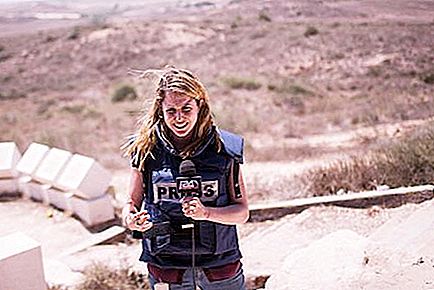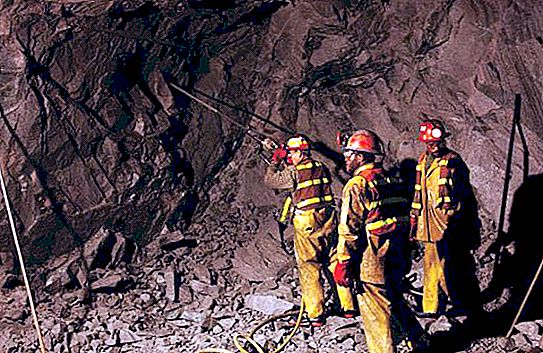Video: HOW TO BECOME A JOURNALIST: STUDY, JOB OPPORTUNITIES, HUSTLE | Nicole Deli 2024, July
Who is a correspondent? What does he do? What good is this profession? How to become a correspondent? What skills and personal qualities do you need? Let's get it right.
Who is a correspondent?
Deciphering the meaning of the word “correspondent”, the explanatory dictionary of the Russian language by T. F. Efremova gives us three possible answers: this is a person who is in correspondence with someone; author of correspondence; Media Officer.
As for the latter definition, the explanatory dictionary of D.N. Ushakova describes him more accurately. According to this dictionary, a correspondent is not just an employee of a periodical, but the person who transmits information from the scene. Perhaps this is why it is widely believed that the journalist is "sitting" in the publishing house, and the correspondent travels to places to collect information.

To some extent this is so. A journalist is a broader concept than a correspondent. This is a universal specialist. He may well be a correspondent, but in general he should be able to carry out not only the collection and processing of information, but also other types of journalistic activities.
What does the correspondent do?
Based on the foregoing, a correspondent is a person who travels to the place of events to interview, shoot a story, and report. He can also participate in the editing of the finished material, write text for transmission or article, coordinate the work of the photographer and cameraman.

May be on staff or be a freelance employee. In the second case, the correspondent is not tied to the editorial office and has the ability to work remotely.
Advantages of working as a correspondent
- There is a chance to gain fame. Although this advantage has its drawbacks.
- A great opportunity to meet interesting people, make useful contacts.
- Active lifestyle. Correspondents travel often; they are always at the center of events.
- The work is creative, interesting and certainly not boring.

Cons of a correspondent
- Work can be dangerous.
- You can forget about a clear work schedule. Sometimes it becomes necessary to work on weekends and holidays, and overtime on weekdays is the norm. Sometimes you have to “break down” to work at the call of the boss in the middle of the night.
- Very fast pace of life. You need to monitor events, find interesting material in time and be able to work in a stressful environment.
- Over time, correspondents begin to look around for material for the article. And even on weekends, their brain does not disconnect from work. Therefore, a correspondent is more a lifestyle than a profession.
How to learn to be a correspondent
You can graduate from the Faculty of Journalism or the Faculty of Philology, but in general 70% of media employees do not have special education. The ability to write articles is far from the main thing in the work of the correspondent. The ability to find useful information, conduct interviews, analyze some events is much more important.
However, the collection and processing of information, and even under time pressure, is an amateur occupation. If this business is not to your liking, then working as a correspondent will be unbearable.
Understanding the skill of interviewing, university lectures will also be of little help if a person does not feel the interlocutor, is closed and cannot boast of sociability.
As you can see, the correspondent is more a way of life than the ability to perform a number of professional tasks, and not everyone will do such work.






